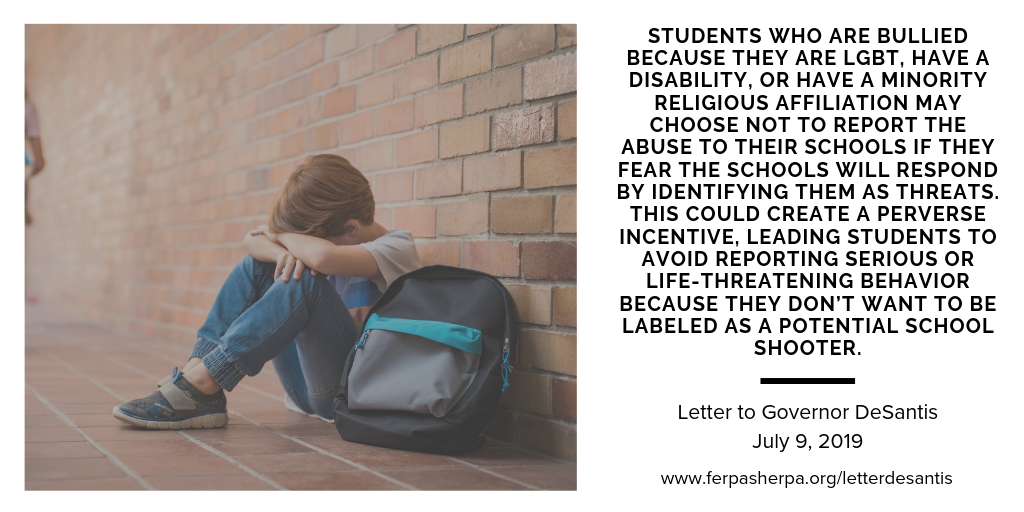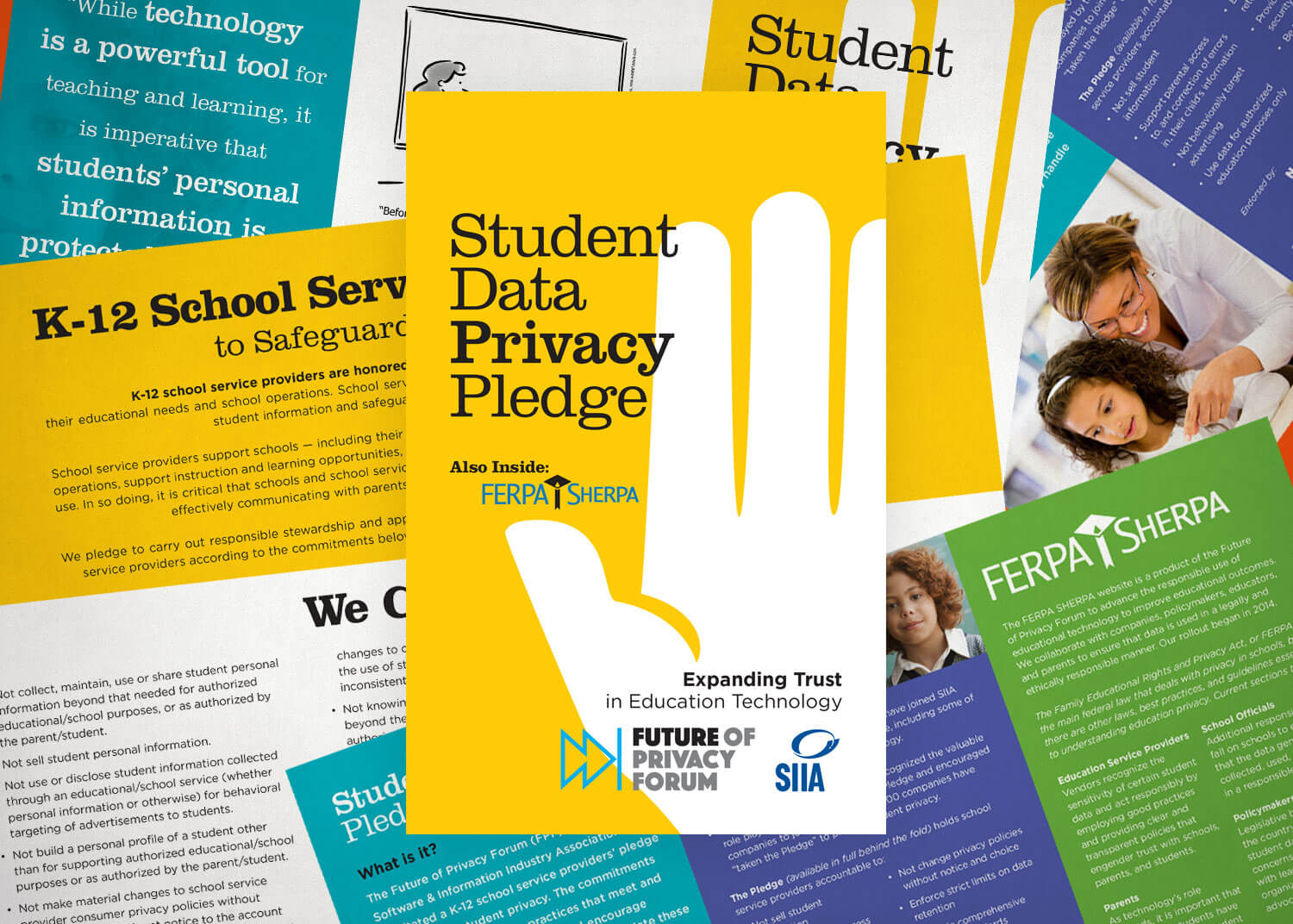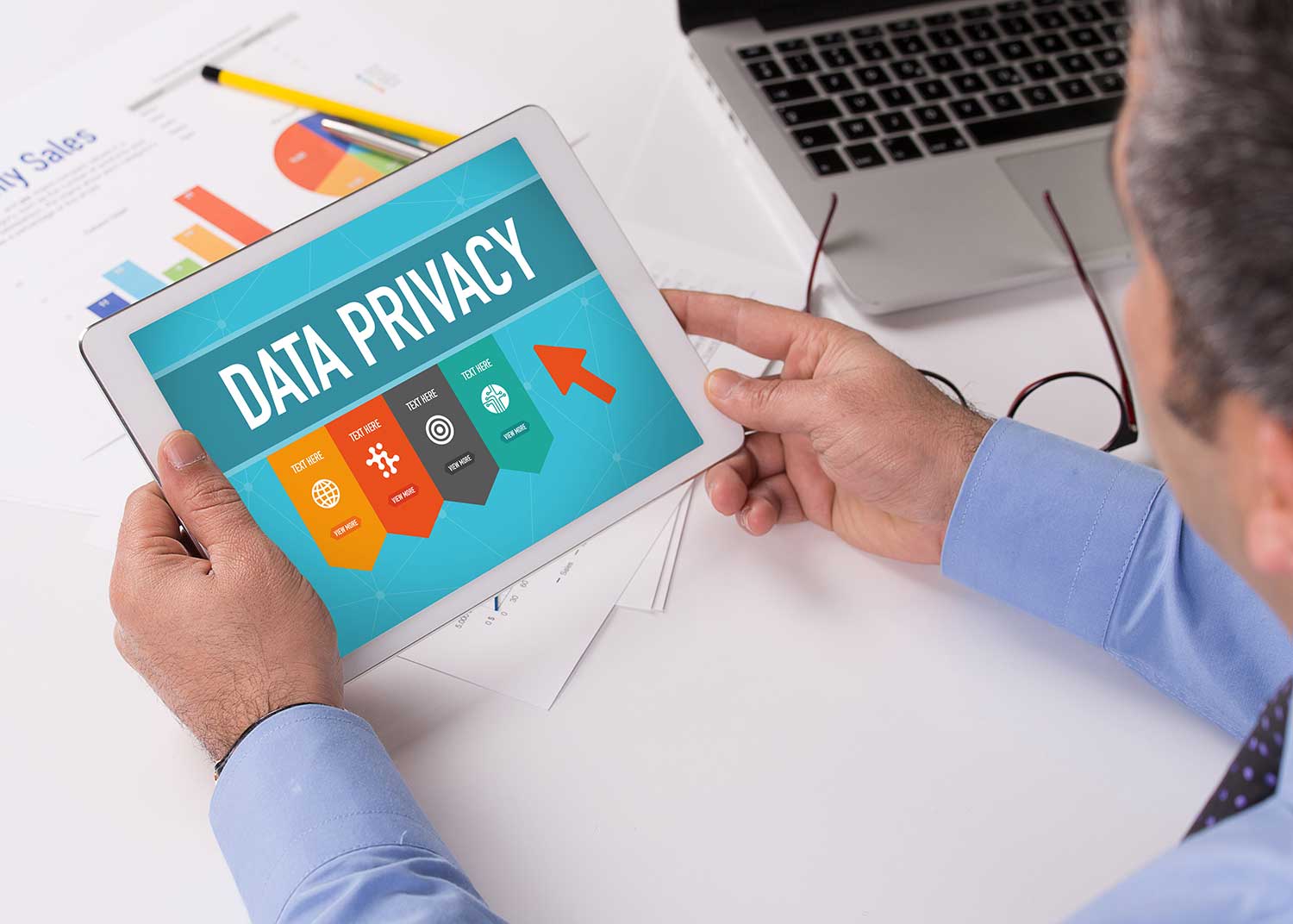
Education, Privacy, Disability Rights, and Civil Rights Groups Send Letter to Florida Governor About Discriminatory Student Database
Today, the Future of Privacy Forum and 32 other education, disability rights, privacy, and civil rights organizations sent a letter to Florida Governor DeSantis, urging him to postpone the implementation of Florida’s proposed school safety database.

Privacy Papers 2018: Spotlight on the Winning Authors
Today, FPF announced the winners of the 9th Annual Privacy Papers for Policymakers (PPPM) Award. This Award recognizes leading privacy scholarship that is relevant to policymakers in the United States Congress, at U.S. federal agencies, and for data protection authorities abroad. From many nominated privacy-related papers published in the last year, five were selected by Finalist […]

Location Controls in iOS 11 Highlight the Role of Platforms
From Pokémon Go, to the geo-targeting of abortion clinics, to state legislative efforts, the last year has seen significant attention paid to the many ways our apps use and often share location data. In the midst of this heightened awareness of geo-location privacy, iPhone users and app developers may notice a difference this Fall, when Apple will be releasing updates to iOS 11 that will increase users’ control over how their geo-location may be collected and used. The changes highlight the ongoing importance—and legal implications—of platform settings for consumer privacy.

WannaCry About Backdoors
There are many lessons to learn from the spread of the WannaCry ransomware attacks across the globe. One lesson that needs more attention is the danger that exists when a government attempts to create mandatory backdoors into computer software and systems.

The Top 10: Student Privacy News (April – May 2017)
The Future of Privacy Forum tracks student privacy news very closely, and shares relevant news stories with our newsletter subscribers.* Approximately every month, we post “The Top 10,” a blog with our top student privacy stories.

Smart Cities Resources
Sensor networks and always-on data flows are supporting new service models and generating analytics that make modern cities and local communities faster and safer, as well as more sustainable, more livable, and more equitable. At the same time, connected smart city devices raise concerns about individuals’ privacy, autonomy, freedom of choice, and potential discrimination by […]

NYC Taxi & Limousine Commission Proposal Requiring Drop-Off Location Data Raises Privacy Concerns
On Monday, the Future of Privacy Forum joined with the Center for Democracy & Technology, the Electronic Frontier Foundation, The Constitution Project, and Tech Freedom to write the NYC Taxi and Limousine Commission (TLC) about its proposed rules that add new trip reporting requirements for for-hire vehicle (FHV) bases.

Privacy Papers 2016
The winners of the 2016 PPPM Award are: Law Enforcement Access to Data Across Borders: The Evolving Security and Human Rights Issues by Jennifer Daskal, Associate Professor, American University Washington College of Law Abstract: A revolution is underway with respect to law enforcement access to data across borders. Frustrated by delays in accessing sought-after data […]

Student Privacy Pledge Loopholes? Nope. We Did Our Homework.
The Student Privacy Pledge was introduced over two years ago by the Future of Privacy Forum and the Software and Information Industry Association. It was endorsed by the White House and published at the forefront of the movement to clarify responsible practices in the collection, protection, and use of student data as the presence of technology in schools expanded. The Pledge has since been signed by more than 300 ed tech companies as a way to help demonstrate their commitment to student privacy.

Enhancing Usability for Online Privacy Controls
Today, Google announced new features that provide users with additional customized options and controls over personal data, as well as easy-to-follow instructions and notifications that explain users’ choices in simple terms. The new features make privacy controls quicker to find and easier to understand and operate.
